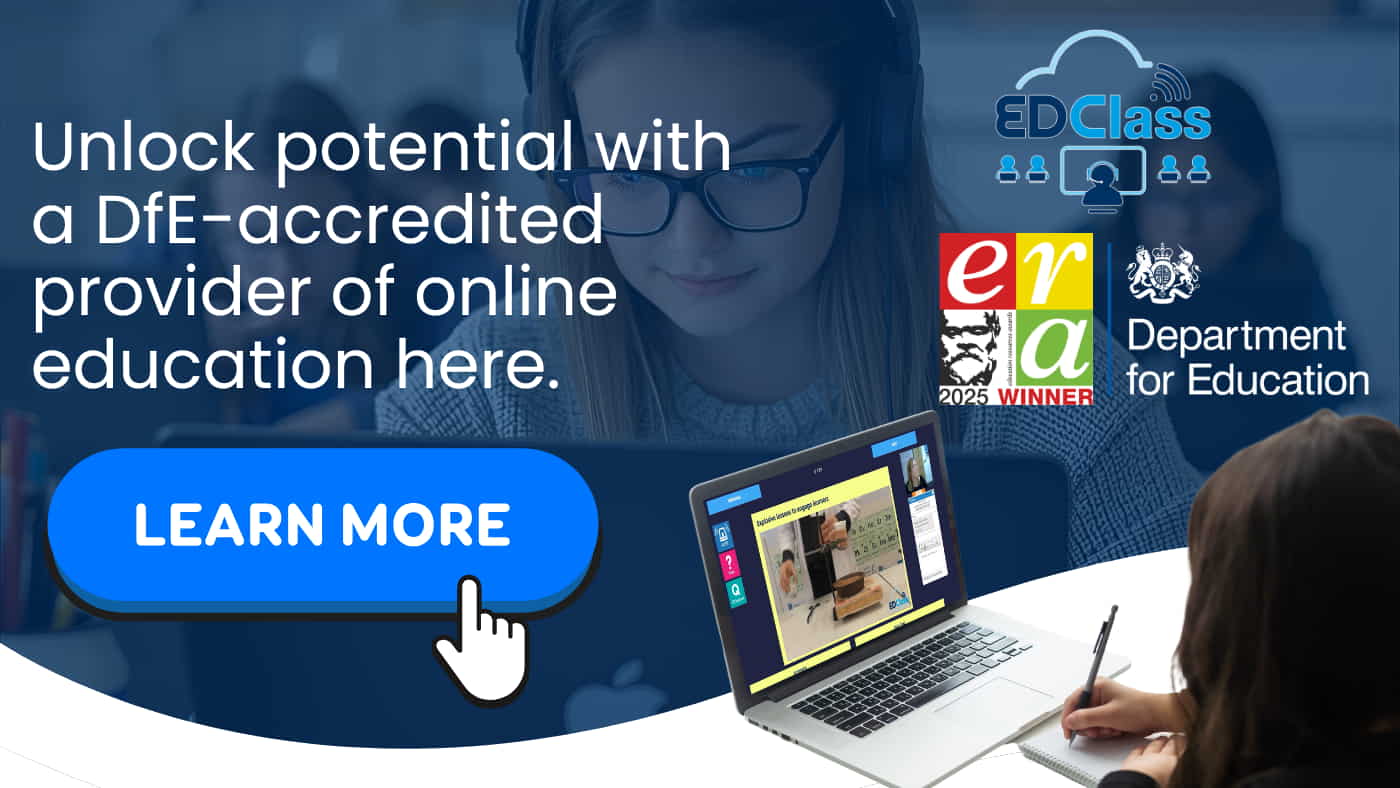Alternative Provision (AP) plays a critical role in supporting students who, for a variety of reasons, are unable to thrive in mainstream education. It’s not just about providing an alternative space; it’s about offering a tailored, supportive, and often transformative educational experience. But what truly makes an AP setting game-changing? It’s the implementation of strategies that go beyond the traditional, focusing on individual needs, holistic development, and a clear path to success.
Here are 7 game-changing strategies that can revolutionise your alternative provision strategy:
1. Personalised Learning Pathways, Not Just Plans
Every student in AP has a unique story, unique challenges, and unique strengths. A “one-size-fits-all” curriculum, even if modified, will rarely hit the mark. Game-changing AP moves beyond generic learning plans to truly personalised pathways. This involves:
- Deep dives into individual interests: What genuinely excites them?
- Flexible timetabling: Adapting to energy levels, appointments, and progress.
- Varied accreditation: Offering a range of qualifications that align with their abilities and future aspirations, not just traditional GCSEs.
- Student-led goal setting: Empowering them to take ownership of their learning journey.
2. Therapeutic Approaches Integrated, Not Isolated
Many students in AP have experienced trauma, anxiety, or mental health challenges. Addressing these underlying issues is paramount to academic progress. A game-changing alternative provision doesn’t just refer students to external therapists; it integrates therapeutic principles into the daily fabric of the provision. This can include:
- Trauma-informed practice: Staff understanding the impact of trauma and responding with empathy and sensitivity.
- Mindfulness and regulation techniques: Teaching students coping mechanisms.
- Access to in-house counselling or wellbeing support: Making help readily available.
- Creating a physically and emotionally safe environment: A consistent, predictable, and nurturing space.
3. Vocational and Experiential Learning as Core, Not Extras
For many students who struggle with traditional academic subjects, hands-on, vocational, and experiential learning can be incredibly engaging and purposeful. Game-changing AP makes these opportunities central to the curriculum.
- Practical skills workshops: From carpentry and mechanics to catering and digital design.
- Work experience and internships: Meaningful placements that build confidence and future prospects.
- Project-based learning: Tackling real-world problems and seeing the tangible results of their efforts.
- Outdoor learning and adventure education: Building teamwork, resilience, and self-esteem in different environments.
4. Strong Links to Post-16 Opportunities and Beyond
The ultimate goal of AP is to guide students towards positive destinations, whatever that may look like. This requires more than just academic attainment; it demands clear pathways and robust support for transition.
- Dedicated careers guidance: Starting early and offering practical support with applications, interviews, and CVs.
- Partnerships with colleges, apprenticeships, and employers: Creating tangible next steps.
- Alumni networks and mentorship programmes: Connecting students with positive role models who have transitioned successfully.
- Life skills training: Budgeting, independent living, digital literacy, and civic engagement.
5. Highly Skilled and Nurturing Staff
The staff are the heart of any effective AP. They need to be more than just educators; they must be mentors, advocates, and consistent sources of support.
- Specialised training: In areas like trauma-informed practice, behaviour management, and mental health first aid.
- Low student-to-staff ratios: Allowing for genuine individual attention and relationship building.
- Consistent staffing: Building trust and predictability for students who may have experienced inconsistency.
- A collaborative team approach: Sharing insights and working together to support each student holistically.
6. Robust Communication and Collaboration with Families
Families are a student’s first and most enduring educators. Engaging them effectively is crucial for success. Game-changing AP builds strong, trusting relationships with families.
- Regular, open, and non-judgmental communication: Beyond just reporting problems.
- Family learning opportunities: Inviting parents/carers to participate in workshops or activities.
- Support for families: Connecting them with resources or support networks if needed.
- Including families in decision-making: Valuing their insights and perspectives on their child’s needs.
7. Data-Driven, Holistic Progress Monitoring
While academic progress is important, a game-changing AP recognises and celebrates a much broader spectrum of achievement.
- Tracking social and emotional development: Using tools to measure improvements in self-regulation, confidence, and relationships.
- Monitoring attendance and engagement: Key indicators of well-being and progress.
- Qualitative feedback: Gathering student and family voice to understand impact.
- Celebrating small wins: Acknowledging every step forward, no matter how small, to build momentum and self-belief.
Use a DfE-accredited provider of online education
A different approach you could implement into your alternative provision strategy is to use a trusted DfE-accredited provider of online education, such as EDClass Ltd.
Sometimes, learners might not be able to attend mainstream education or internal settings so they could benefit from online learning in an appropriate setting, such as their home. This also ensures they are safe and engaged in their studies through personalised learning and one-to-one support from UK-qualified teachers.
“Another significant strength of EDClass is the provision of carefully considered individualised schemes of work. Known as ‘learning pathways’, these take account of, and build on, the curriculum each pupil was following in their registered school prior to joining EDClass. This includes any specific exam syllabuses. As a result, when pupils return to mainstream education, they are well prepared to reintegrate into lessons.”
If you’d like to learn more about EDClass, call 01909 568338, send an email to mail@edclass.com or enquire directly here.










